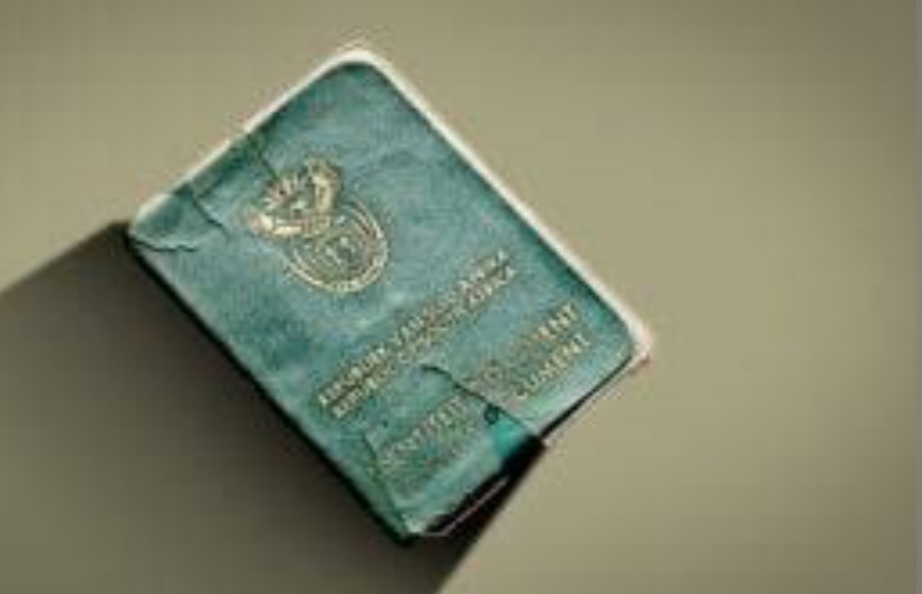A trip on a train, in the year 2000, is what paved the way for Pinky Mashiane to fight for the rights of domestic workers. The 51-year-old from Tshwane is the founder of United Domestic Workers of South Africa (UDWOSA), an organisation that advocates for better working conditions, rights, UIF and minimal wages for domestic workers working in South Africa. She worked as a domestic worker for 18 years.
FIGHTING FOR A GOOD CAUSE
Mashiane's claim to fame was when she fought for domestic workers to be registered for the Compensation for Occupational Injuries in 2012. This, after the death of Maria Mahlangu who fell and drowned in a swimming pool and when her family approached the Department of Labour they were told that domestic workers didn't qualify for compensation. After fighting alongside Mahlngu's daughter ,Sophie Mahlangu, they successfully won the case. This motivated her to form her own union to further her work in in fighting for better conditions for domestic workers.
A FAMILY OF DOMESTIC WORKERS
Pinky grew up in a small village in outside Mpumalanga, called Phola, in a family of domestic workers and it was not odd for because many adults in her village to work as domestic workers.She explains that many would wake-up in the early hours of the morning to catch a bus or they would visit home once a month as they worked as sleep-in domestics. While in Grade 10, she was forced to drop-out of school because her grandmother was unable to afford her school fees and her mother never took interest in her upbringing. "My grandmother sat me down and explained that she could no longer afford to pay my fees, she told me that I can now read and write and old enough to find a job. Although I was heartbroken, I understood where she was coming from." Mashiane barely had school uniform and was forced to wear her grandfather and uncle's shirts to school and this led to her being often mocked by other learners.
A DREAM FADES AWAY
Mashiane adds that at this point she saw her dream of becoming a social worker fading away. "All I ever wanted was to help the poor and had to join the chain of family members who worked as domestic workers. In my first job as domestic worker, I was only employed for three days a week and was paid R110. The salary was not enough but I was able to contribute to the household, even though I hated every minute on the job," she recalls. Her break-through came when her teacher offered her a permanent employment as a domestic worker at her house.. "They never treated me like a worker but like one of their own, they allowed me to stay in the house something many employers don't do," she says. They encouraged her to further her studies because they believed in her capabilities and offered to pay for her college fees towards completing her matric.
LEADERSHIP
Looking back to 2000, Mashiane explains that one day while in a train, she overheard a group of domestic workers discussing their challenges and organising a meeting. That afternoon she decided to attend the meeting and was shocked that many of them couldn't read or write and didn't have any formal education. They couldn't fill in the attendance register and she had to volunteer to write for them. "I wondered how and who read their work contracts and if they understood what is expected of them by the employer." says Mashiane. She gradually started helping them with advice, reading their contracts and soon started volunteering at the South African Domestic Service and Allied Workers Union. The opportunity exposed her to many more challenges that they domestic workers were going through and a chance to learn about labour law and it is through her work that she was awarded a leadership scholarship by the Nelson Mandela Foundation in 2020.







